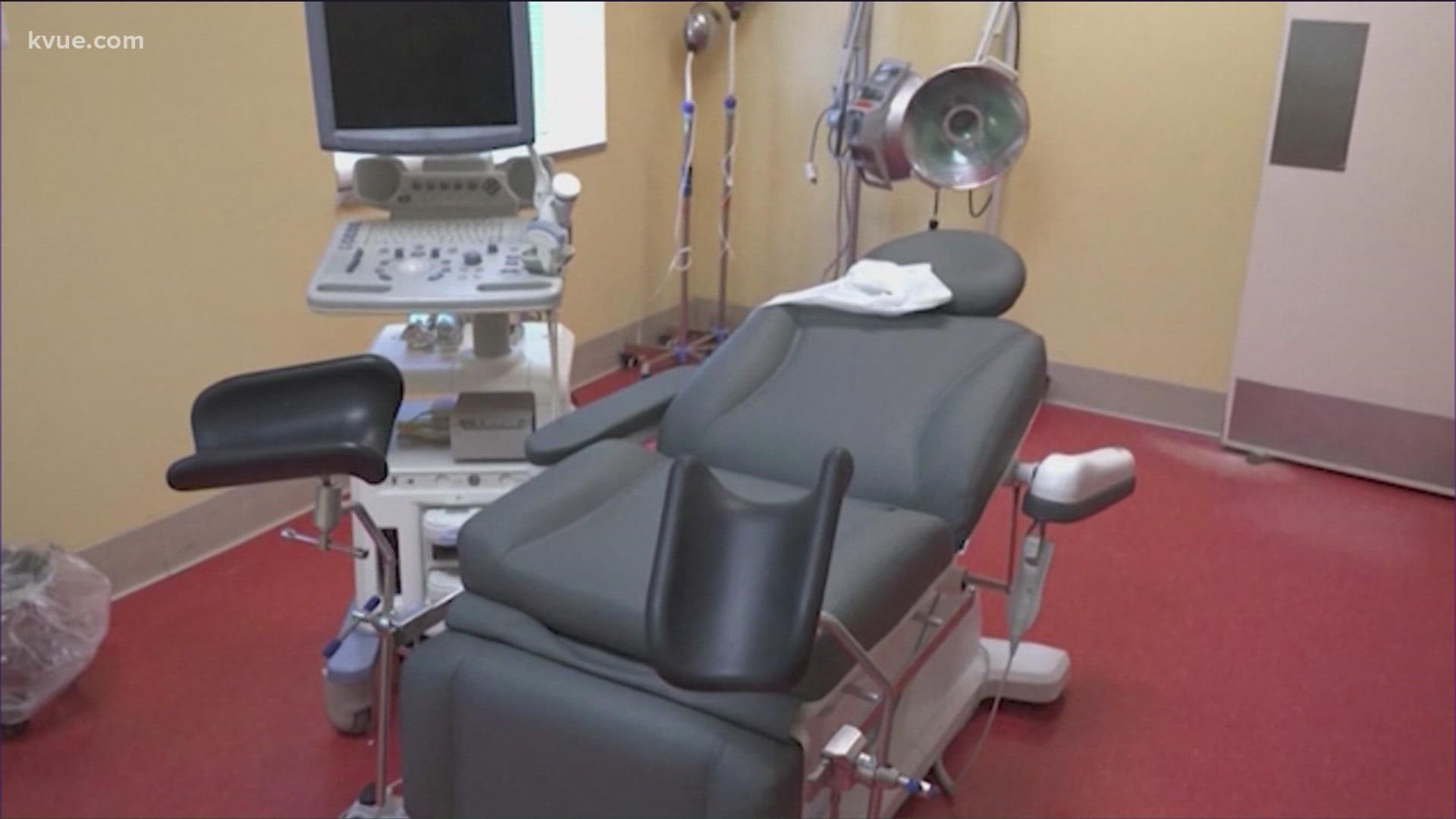AUSTIN, Texas — Becoming a mom can be one of the greatest life experiences. But it can also be one of the greatest costs.
In 2018, almost half of the babies born in Texas were born to moms on Medicaid. And some say an overturning of Roe v. Wade could make it harder for those moms.
“As it is, a lot of our federally qualified health centers that do take Medicaid have waiting lists for a lot of services, especially reproductive health care,” said Paula Saldana with the National Latina Institute for Reproductive Justice.
It could potentially make it harder for people to get a spot in line for reproductive health resources.
According to a 2021 Guttmacher Institute report, Texas is almost 25% uninsured, making it No. 1 in uninsured women of child-bearing age. Saldana said people who are uninsured will have to visit emergency centers.
“I can foresee long lines at the emergency centers as well, and people accessing it to be able to get the help they need at that moment,” she said.
But Amy O'Donnell with Texas Alliance for Life said the State has made it a priority to help moms at least pay for care.
“The Legislature increased funding for the Alternatives to Abortion program, up to $100 million for the biennium, and those funds go towards maternity homes, pregnancy centers and adoption agencies,” said O’Donnell.
The Texas Adoption Center said if there’s an influx of expecting mothers, they will have the resources to help connect expecting moms with adoptive families.
“We have many adoptive families that are ready and waiting and able to provide homes to newborns, so we would be able to handle an increase in expectant mothers reaching out to our agency,” said Kenna Hamm with the Texas Adoption Center.
PEOPLE ARE ALSO READING:

